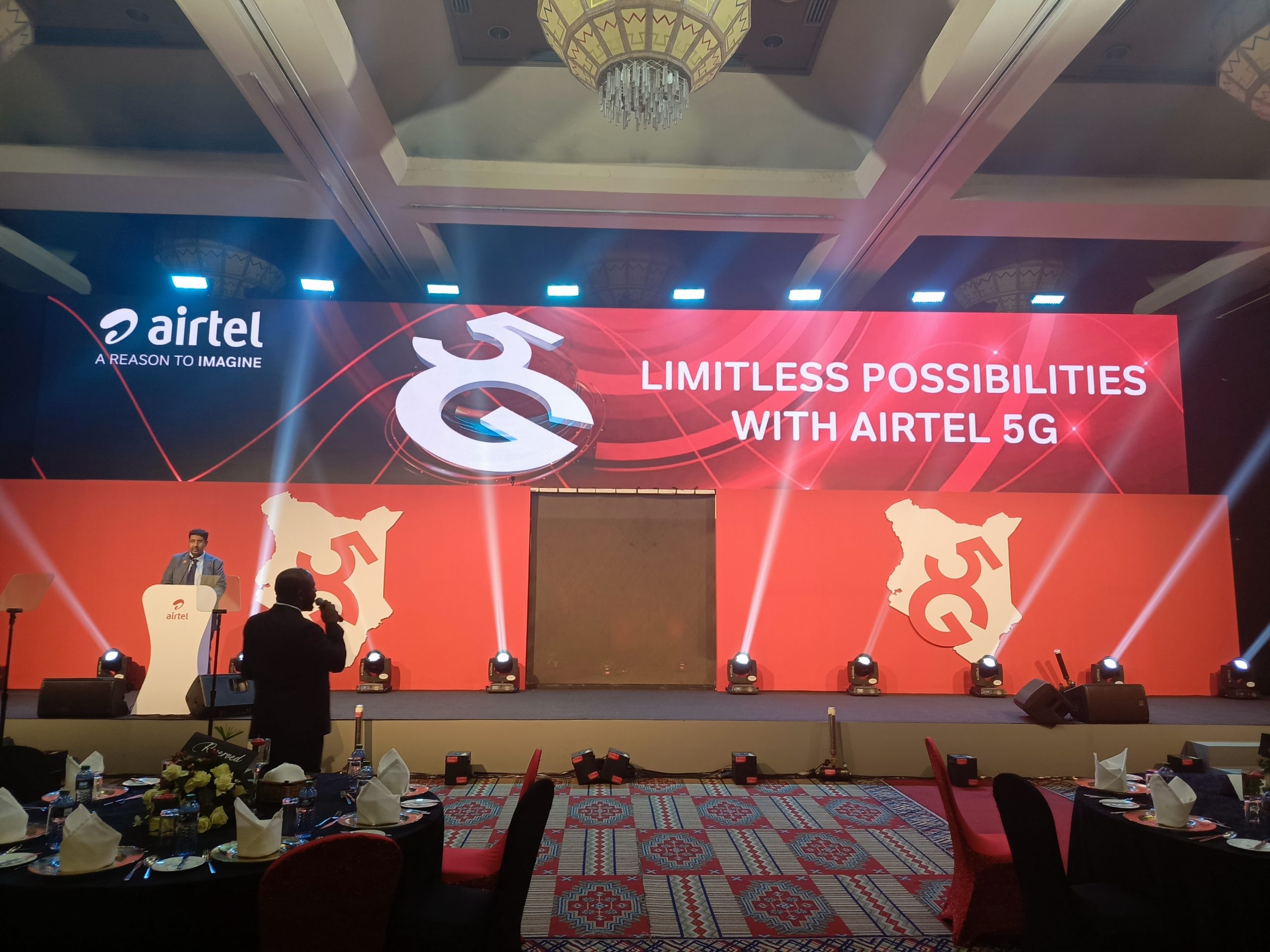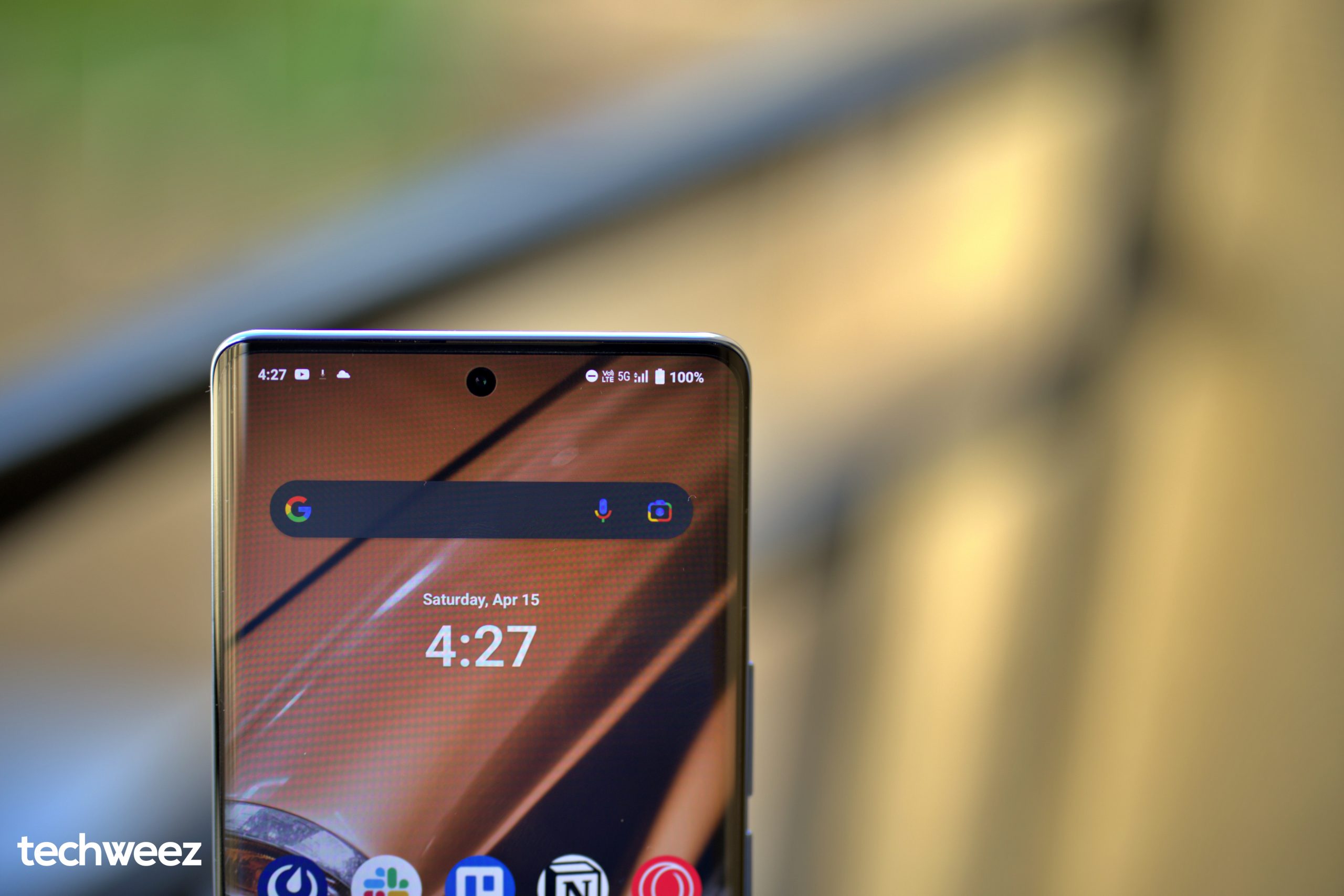In this day and age we do have problems that come with the ever increasing urban population and inventions upon inventions. Urbanization is brought about by the need for jobs, access amenities and government services. This also poses other problems that need addressing, like transport, urban planning and infrastructure development. These problems can be solved via the old ways by allocation of more resources, up till the point where this is not feasible anymore. This is because with time it will be hard to recommend the same solutions that worked many years back, or even those that worked in other places.
Take an example, in many developed countries, they already developed underground mass transit systems that ensure there is reduced load on over-land public transport. This was done hundreds of years ago when cities were young and planning was easier. In developing countries, this is not the case and we have to contend with city plans that were obsolete by the time they were done. But we can’t give up hope, we need 21st century solutions that are also within our budgets.
That’s where smarter cities come in. Data is the currency used to get things done. When urbanites get access to information they can process to enable quick decision-making on the go, we can then avoid traffic jams because drivers can know when they need to use alternative routes to avoid traffic. Traffic cameras like the ones Internet Solutions has set up around Nairobi allow both motorists and administration to make informed decisions. These include providing of dashboards to traffic police at the stations for easier traffic monitoring.
This reduces guesswork in their part or having to rely on on-the-ground forces who would rather be deployed when and where there is a need for them. This ensures efficiency on the part of the traffic authorities as is the case with the Parklands Police Station where Internet Solutions has plugged in their traffic cameras feed for use by the traffic police. Motorists can also access these feeds on web or on their mobile devices over the internet to plan their journeys across the city and avoid wasting precious time.
It doesn’t end there, with use of technology, smart cities benefit from collecting such data over time to make much more informed decisions when planning for the future. Again, no guesswork here either. Urban planners will use actual verifiable data that’s also easier to collate than having humans physically on the road to collect the same data. It’s data that can be referenced even at a later date, added onto other datasets to make even more structured data. This also enables easier sharing of data with third parties that may need it for other related purposes.
Over time smart cities end up being more inclusive of the people providing the data needed for efficient decision-making as opposed to leaving such an important part of development to just government agencies. With citizens also interacting and adding onto this data, we have much better and relevant solutions being developed.






















